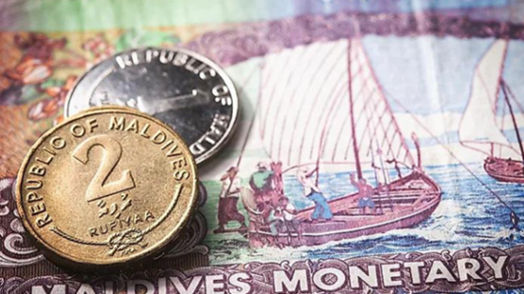The Maldives is facing mounting concerns about its ability to meet obligations on Islamic bonds, known as sukuk. Despite a recent uptick in sukuk values following a government assurance of forthcoming payments, apprehension about the island nation’s financial stability persists.
What Are Sukuk Bonds?
Sukuk bonds are Islamic financial certificates that serve as a Shari’ah-compliant alternative to conventional bonds. According to the Asian Development Bank, sukuk function as trust certificates that grant investors ownership or part ownership of an asset, from which they can earn profit, including rental income. This structure avoids the interest-based earnings typical of conventional bonds, adhering to Islamic laws that prohibit interest and speculative investments.
The Growing Market for Sukuk
Islamic finance, including sukuk, has seen substantial growth globally. Countries such as Malaysia, Bangladesh, and Brunei, among others, issue sukuk to meet their capital needs. The industry has expanded rapidly since 2009, with assets valued at approximately $1.9 trillion as of 2015. S&P Global forecasts $170 billion in sukuk issuances this year, while Moody’s estimates even higher figures.
Maldives’ Financial Struggles
The Maldives currently holds around $500 million in sukuk debt, with a crucial payment of $25 million due on October 8. Recent developments have seen the sukuk’s value drop to record lows, highlighting investor concerns. Despite the central bank’s reassurances, the bonds have struggled, performing poorly on Bloomberg’s EM Sovereign Total Return Index.
The Maldives’ economic challenges are further compounded by dwindling foreign exchange reserves, which fell below $50 million in July. Fitch Ratings has downgraded the country’s rating twice since June, reflecting ongoing financial instability. Additionally, the Bank of Maldives has imposed new restrictions on foreign currency spending, exacerbating the financial strain.
Potential Default and Political Implications
No country has yet defaulted on sukuk bonds, making the Maldives‘ situation particularly noteworthy. Analysts are concerned that the Maldives might be the first sovereign sukuk issuer to default, a scenario that could have broad implications for the market. The Maldives’ largest bilateral creditors are India and China, with recent political shifts impacting relations.
President Mohamed Muizzu, who has pursued a pro-Beijing stance, came to power promising to reduce Indian military presence, which has since been fulfilled. Despite improvements in diplomatic relations with India, neither India nor China has stepped in to assist financially.
Market Reactions and Future Outlook
Recent comments from investors highlight the market’s uncertainty about sukuk restructuring and the broader implications of a potential default. Soeren Moerch from Danske Bank suggests that while the recent rise in sukuk values offers some respite, it does not address the underlying issues of low reserves and budget deficits.
George Xu from Fitch Ratings underscores the severity of the situation, noting that reserves are critically low and default risks are increasing. As the Maldives prepares for its upcoming payment deadline, the financial community watches closely, anxious about the potential impact of a historic default on the sukuk market.







